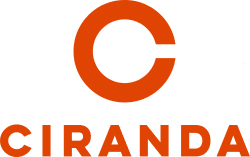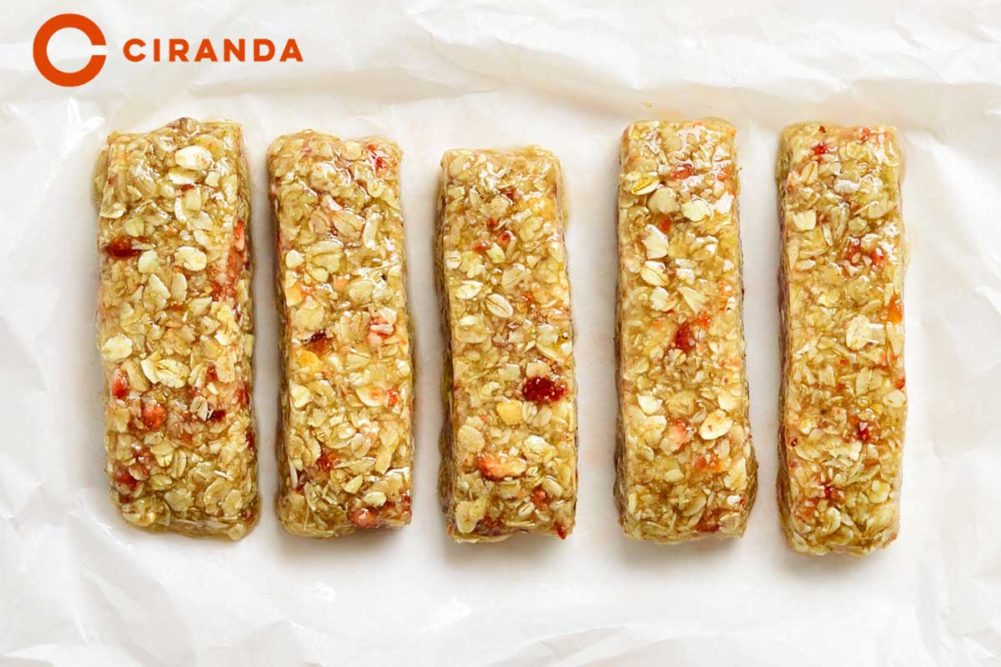The research is in and the evidence is clear: U.S. consumers are shopping for less sugar. They're scanning labels for claims of reduced-sugar and eyeing product Nutrition Facts for sugar content before buying. Growing concerns about the impact of sugar on weight and overall health, as well as the adoption of low carbohydrate diets, are driving this significant shift in behavior.
According to a recent International Food Information Council (IFIC) survey[1] 72 percent of consumers say they are trying to either reduce sugar or avoid it entirely. Research by Mintel[2] shows similar results, with 86 percent of consumers saying they pay attention to their sugar consumption and three in five consumers choosing low-sugar products. The Kerry Health and Nutrition Institute[3] recently noted sugar reduction as the top trend shaping the food industry for 2023.
This sugar reduction trend parallels increasing data that links excessive sugar consumption to weight gain, inflammation, high blood pressure, diabetes, cancer, poor oral health, fatty liver disease, among other negative health outcomes. Consequently, the American Heart Association recommends women consume no more than 100 calories, or 24 grams, and men no more than 150 calories, or 36 grams of added sugar per day.
Sweetness and its Source Matters
Yet, despite the trends pointing towards less sugary diets, consumers' sweet tooths haven't magically disappeared. This is particularly true when it comes to desserts and other bakery items. In fact, one-quarter of U.S. consumers surveyed say sweetness is the biggest driver of their enjoyment of food. (Innova Market Insights Lifestyle & Attitudes Survey, 2023).
As any good formulator knows, all sugars are not created equal. They vary greatly in sweetness, performance and flavor. Consumers understand at least some of these differences. They prefer sugar over artificial sweeteners for taste and perceived wellness (IFIC Food & Health 2023 survey, May 2023[4]). They are most conscious about limiting artificial sweeteners such as aspartame, and less conscious about limiting naturally sweetened ingredients, such as maple syrup and honey (Innova Market Insights Lifestyle & Attitudes Survey, 2023).
So, given all of this, what's a bakery brand to do?
Certified Organic, Non-GMO Reduced-Sugar Syrups
Enter Ciranda, the premiere North American provider of certified organic, non‐GMO and fair‐trade food ingredients, and its newly launched reduced-sugar, plant-based syrups.
"Our R&D team works closely with brands and product developers to understand the latest consumer buying patterns in order to match product development to their growing interests," said Tonya Lofgren, product manager for Ciranda. "While the past two years have brought increasing demand for natural and organic sweeteners that have less sugar, there haven't been many viable ingredients options."
Ciranda's three syrups with reduced sugar include:
Tapioca Syrup RS18
Tapioca Syrup RS18 is a clear, mildly viscous syrup produced from tapioca starch. Its sweetness is similar to Ciranda’s tapioca syrup DE40, but with 38 percent less sugar. Tapioca syrup RS18 has exceptional film-forming and binding properties typically found in lower DE syrups. This makes it an effective single-syrup solution in bars. RS18 tapioca syrup is Non-GMO Project Verified.
Organic Agave Syrup AL40
Organic Agave Syrup AL40 is a sweet, light amber syrup produced from the Blue Agave plant. A portion of the fructose is converted into allulose, resulting in a sweet syrup with 40 percent less sugar and 40 percent fewer calories than Ciranda’s standard agave syrup. It is certified USDA Organic and Non-GMO Project Verified.
Organic Agave Syrup IN10
Organic Agave Syrup IN10 is a light amber syrup produced from the Blue Agave plant. It has nine percent less sugar and eight percent fewer calories than Ciranda’s standard organic agave syrup, with 10 percent of the solids retained as prebiotic inulin fiber. It is certified USDA Organic and Non-GMO Project Verified.
 Source: Ciranda
Source: Ciranda
Taste, Texture Still Essential
With all bakery items, texture and taste are essential qualities. Consumers have high expectations that products with sugar replacements will replicate the sensory properties of sugar (Innova Market Insights Ingredients Insider: Sweetener Evolution for Sugar Reduction May 2023). Plant-based sweeteners, such as Ciranda's, are most accepted by consumers, according to Innova's Health & Nutrition Survey 2022.
Recent ingredient innovations, such as Ciranda's certified organic and non-GMO reduced-sugar syrups, are leading baking manufacturers to better replicate the sensory and functional properties of sugar, such as sweetness, mouthfeel, bulk, browning, moisture retention, among others, while lowering the amounts of sugar and calories.
Ciranda's syrups are helping product developers achieve the results they desire. They can be used as single-syrup replacements for traditional syrups, or combined in bakery products such as desserts, cereals, bars, breads, etc.
A Reduced-Sugar Future
Looking forward, more manufacturers are expected to take a "quiet reduction" approach, lowering sugar in their products without announcing it to consumers. Other reduced-sugar trends that will impact the bakery industry include bio fermentation, more plant-based sweeteners, less sweetness, improved functionality and legislative pressures (Innova Market Insights Ingredients Insider: Sweetener Evolution for Sugar Reduction May 2023).
Ciranda is one ingredient provider that will continue working with bakery product developers to meet consumer demand for less sugar, while helping them achieve better labels with organic and non-GMO certifications.
“The sugar reduction trend presents an outstanding opportunity for us to bring alternative sweeteners with familiar labels such as agave and tapioca to our bakery-focused brand and product manufacturers,” said Lofgren.







